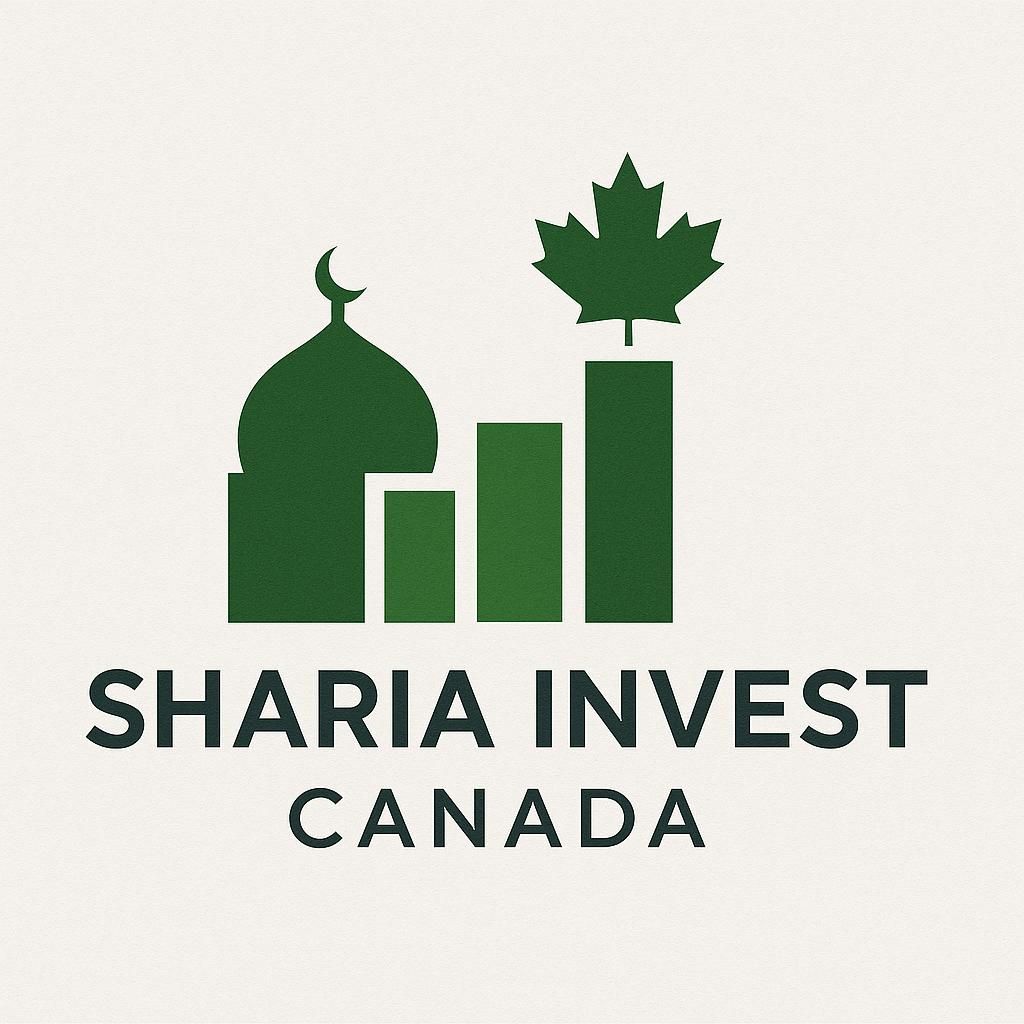Debunking Myths: Common Misconceptions About Islamic Finance in Canada
Understanding Islamic Finance
Islamic finance is a rapidly growing sector, yet it remains shrouded in misconceptions and misunderstandings, especially in regions like Canada. With its roots in ethical finance principles, it offers an alternative to conventional financial systems. In this post, we will explore and debunk some of the most common myths surrounding Islamic finance.

Myth 1: Islamic Finance Is Only for Muslims
One of the most prevalent myths is that Islamic finance is exclusively for Muslims. In reality, Islamic finance is open to everyone regardless of their faith. The principles of ethical investing and risk-sharing appeal to a diverse range of investors who are interested in sustainable and socially responsible financial practices.
Islamic financial products often cater to a broad audience, promoting investments that avoid industries such as gambling and alcohol. This ethical approach is attractive to many non-Muslims who seek to align their investments with their values.
Myth 2: Islamic Finance Is Unregulated
Another common misconception is that Islamic finance operates without regulation. In Canada, as in other parts of the world, Islamic financial institutions are subject to strict regulatory standards. They must comply with both local financial regulations and Shariah-compliant guidelines.
Additionally, many Islamic financial products are structured in a way that meets international standards, ensuring transparency and accountability. This dual compliance ensures that Islamic finance operates within a robust and secure framework.

Myth 3: Islamic Finance Is Expensive
There is a belief that Islamic finance products are more expensive than conventional ones. While some products may have different cost structures due to their unique features, they are not inherently more expensive. The perception of higher costs often stems from misunderstandings about how these products are structured.
Many Islamic finance products offer competitive pricing and can be cost-effective alternatives for those who prioritize ethical considerations in their financial decisions.
Myth 4: Islamic Finance Lacks Innovation
Some critics argue that Islamic finance lacks innovation. Contrary to this belief, Islamic finance has been at the forefront of creating innovative solutions that cater to modern financial needs while adhering to ethical principles. From Sukuk (Islamic bonds) to Shariah-compliant investment funds, the sector continues to evolve and grow.

The adaptability of Islamic finance to integrate technology and new financial instruments demonstrates its commitment to innovation and progress, challenging the notion that it is stagnant or outdated.
The Future of Islamic Finance in Canada
The landscape of Islamic finance in Canada is continually evolving. As awareness grows and misconceptions are addressed, more individuals and businesses are likely to explore Shariah-compliant financial options. By debunking these myths, we can foster a better understanding and appreciation of the benefits that Islamic finance can offer.
As the global demand for ethical and sustainable financial solutions rises, Islamic finance stands poised to play a significant role in shaping the future of finance in Canada and beyond.
